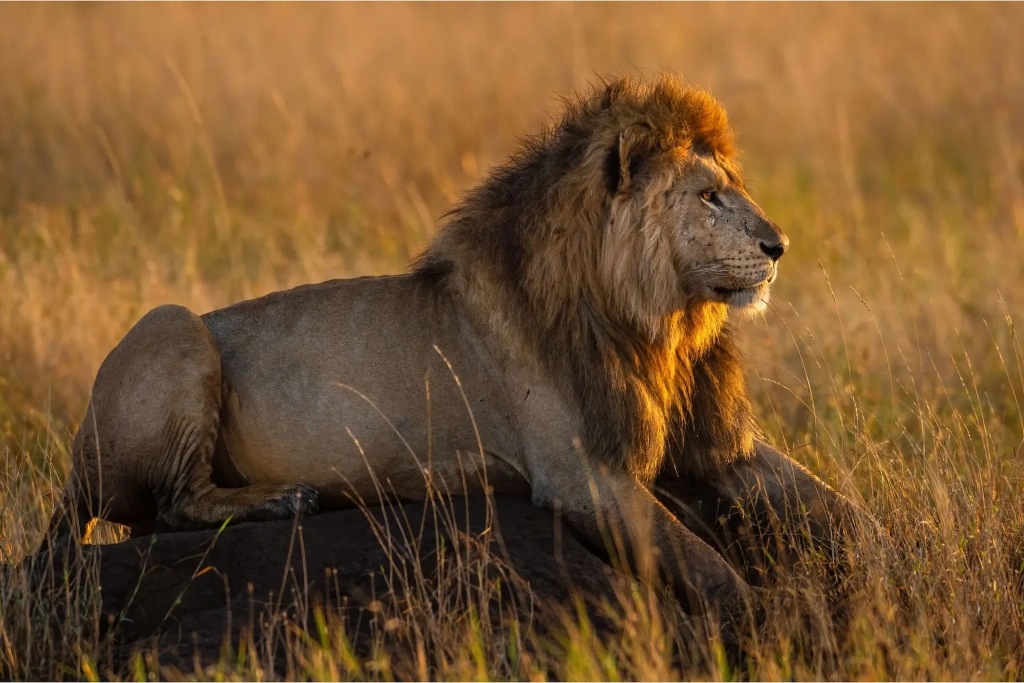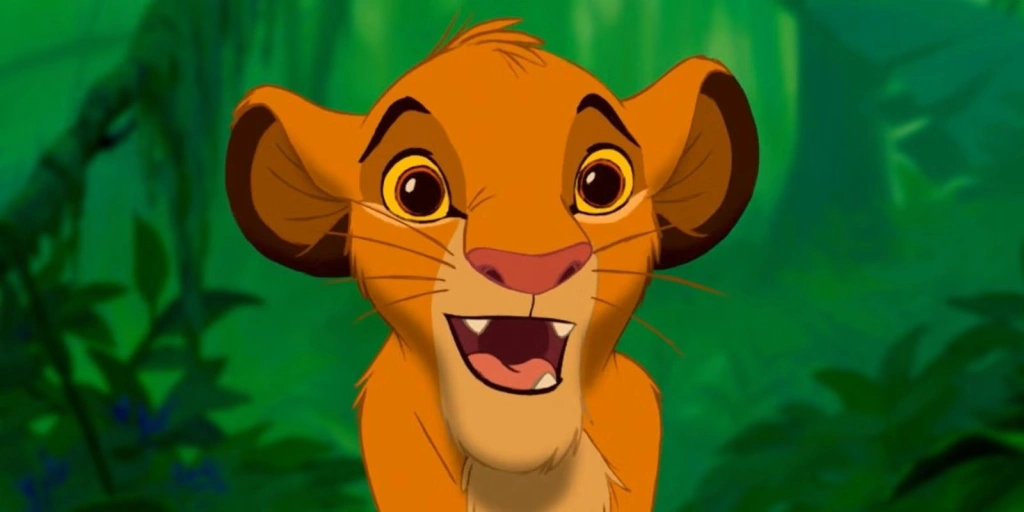How do you say "lion" in ? The answer is simple — simba.
The word simba means “lion” in Swahili. This is what the “king of the jungle” is called in Tanzania, Kenya, Uganda, the Democratic Republic of the Congo, and northern Mozambique.
Many people outside East Africa assume it’s merely a male name. Although it’s now common for boys to be named Simba, this wasn’t the case until after 1994.
Simba the lion from Disney’s masterpiece
When Disney’s The Lion King hit screens, it became an instant classic. The lead character, a charming lion cub and heir to the throne was named Simba, sparking huge interest in the name.
The Disney team incorporated several words and phrases from Swahili vocabulary into the story. Hakuna Matata, for instance, became widely recognized. If you’re unfamiliar with its meaning, check out our blog article. Besides Simba, other Swahili names were also used in the movie.
Now that you know the meaning of simba, a small misunderstanding in the story of Simba the Lion from Russia might make more sense.
In 2021, a young lion brought from Russia to Tanzania was found being held illegally in the cold northern country for profit through photo opportunities. Dr. Karen Dallakyan was responsible for saving and rehabilitating the exhausted animal. When Tanzanians asked the lion’s name, Karen replied, "Simba." They responded, "Of course, simba, but what’s his name?" The previous owners had named the lion after the beloved cartoon character, not realizing it was simply the Swahili word for “lion.”
Simba on Safari in Tanzania
On safari in Tanzania, you’ll notice this: whenever lions are spotted in a national park, vehicles with travelers quickly gather around to watch. Lions draw attention, and everyone wants a close-up view. Drivers and guides know this well and happily show guests the popular animals.
Drivers share information by radio — once one guide spots a lion, they share the coordinates. But they also want to keep it a surprise for guests. Many foreigners might already know simba means “lion” from reading our article or guide on common Swahili phrases. So guides use their own code, referring to lions with other Swahili words.
We’ll reveal their secret: guides often code the word “lion” as sharubu. In Swahili, this translates to “moustache.” The plural form, masharubu, can mean any facial hair.
Now you know what to expect if, during a Serengeti safari, your guide mysteriously asks over the radio, “Sharubu?” You’re in for a majestic encounter with the maned king of the savanna.
All content on Altezza Travel is created with expert insights and thorough research, in line with our Editorial Policy.
Want to know more about Tanzania adventures?
Get in touch with our team! We've explored all the top destinations across Tanzania. Our Kilimanjaro-based adventure consultants are ready to share tips and help you plan your unforgettable journey.


















Absolutely, we’ll share more about animal names in Swahili! Stay tuned to our blog for updates.